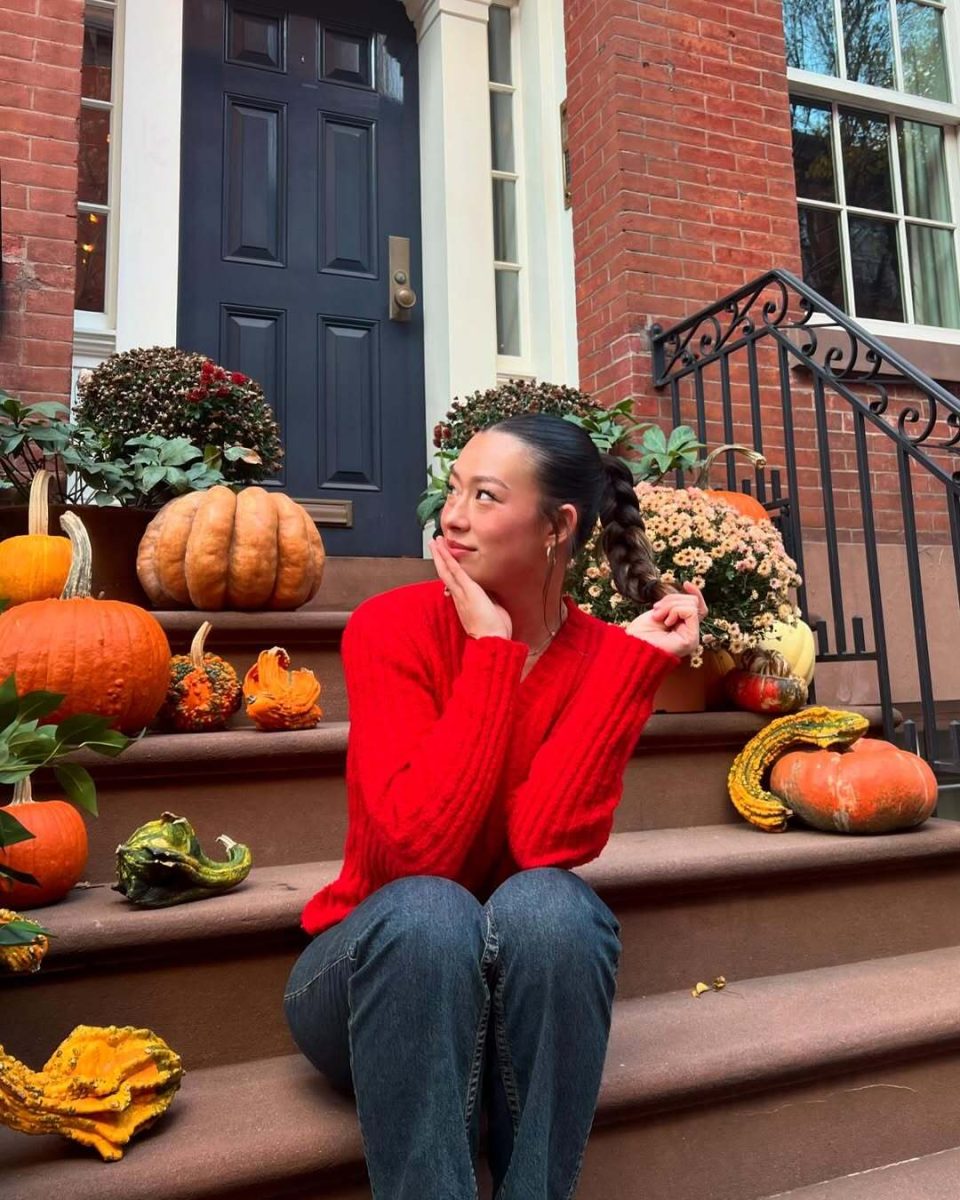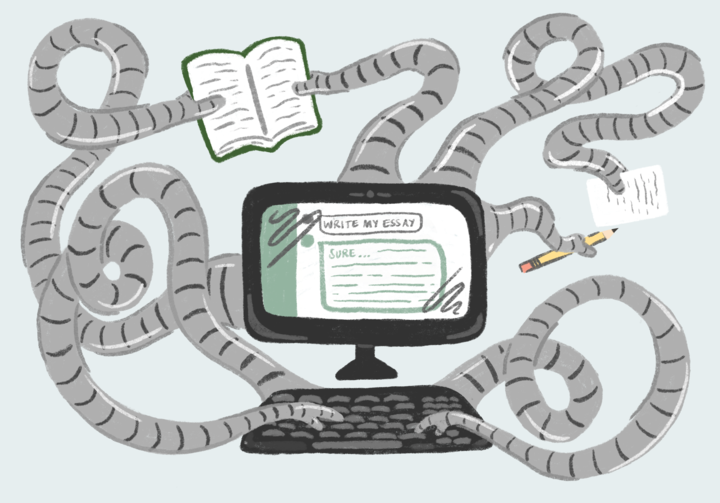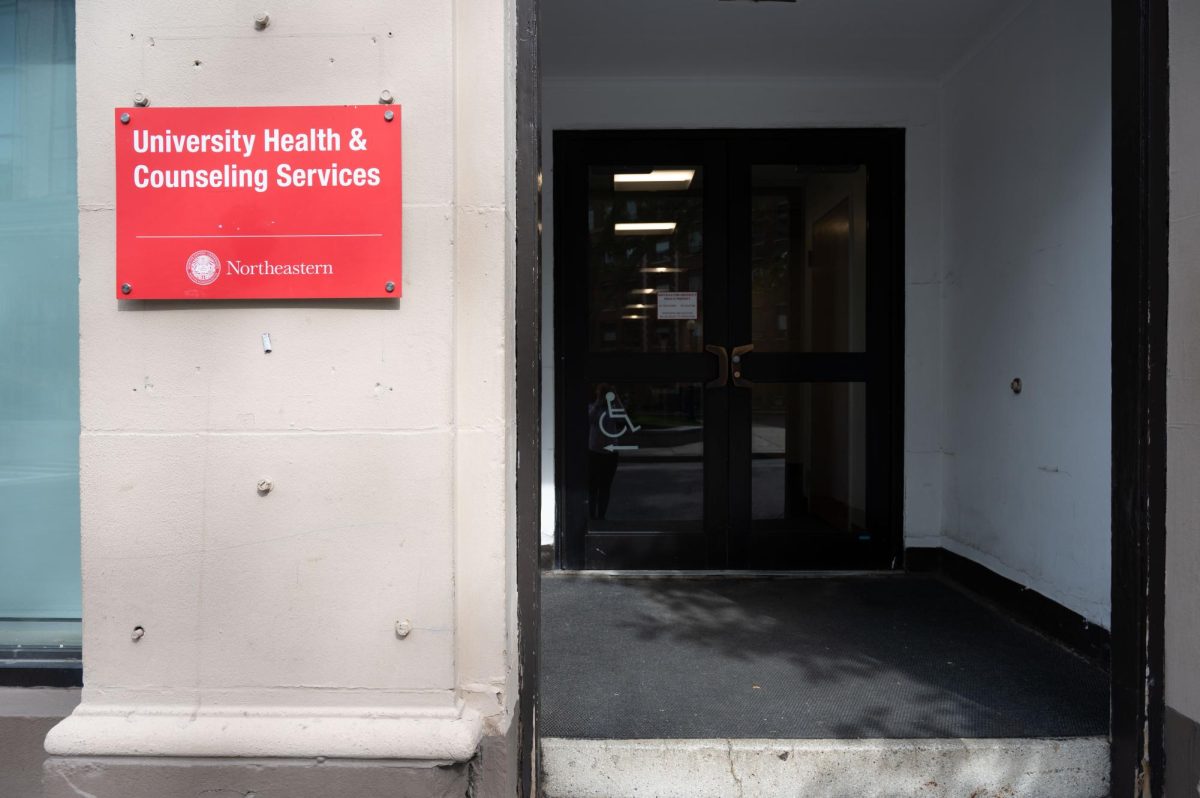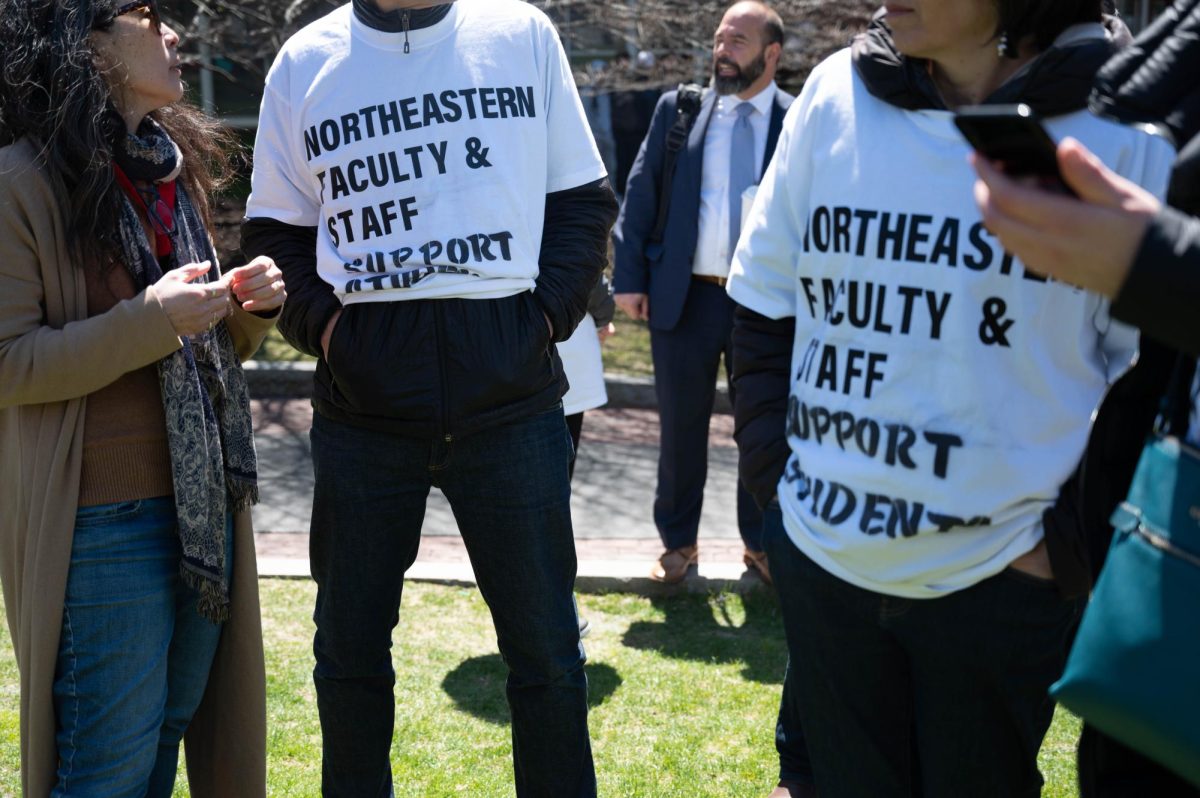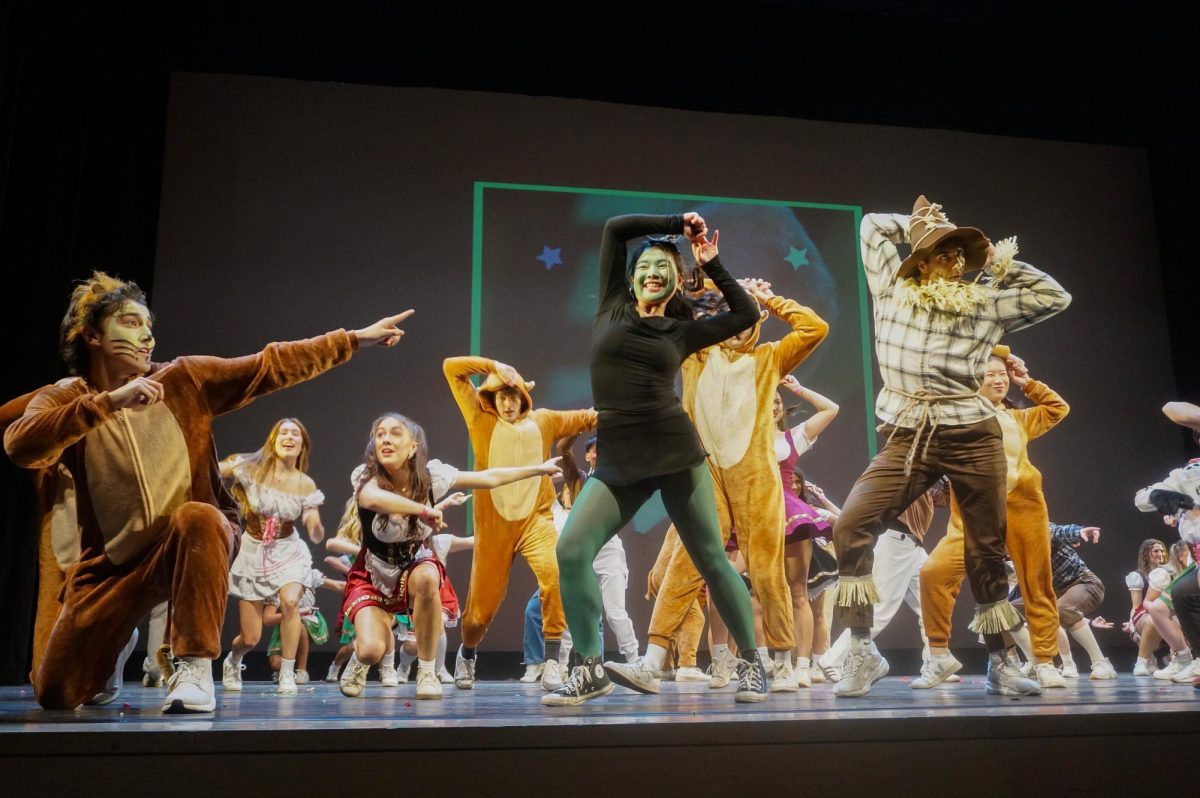Chants like, “stop the killing, stop the war,” and “bring home the troops,” rang through the streets around Boston Common Sunday, a day before the Democratic Party would gather to nominate its candidate for president.
Nominee John Kerry, in his acceptance speech Thursday night, promised democrats he would never forge a war unless absolutely necessary, even though his is party ultimately divided over the war in Iraq, according to pre-convention polls.
Such protests, although below average in attendance, appeared to set the stage for a week of dissent on the streets outside the convention. But as the week played out, numbers of protesters decreased at events around the city.
One factor leaders acknowledged as a cause for the lack of energy was a massive boycott of the space that would have been a central meeting place for protesters.
A designated “free speech zone” was constructed adjacent to the delegate parking lot, but was surrounded by 6 foot high fences, netting and wire on all sides. It remained virtually empty for most of the week.
“It looks like an exhibit of the Holocaust,” said Andrea Quintanar, who traveled from Chicago to attend Wednesday and Thursday’s activities. “This whole situation reinforces that democrats don’t want to listen to what the people have to say.”
In that sense, the state of the protests provided another flashpoint for complaint as the free speech zone became a cause just as worthy of speaking out against as the war.
As the final day of the convention approached, protesters decided rallies would go on outside the convention in spite of the free speech zone, as an anti-war rally and other demonstrations were held on Canal Street, blocking the delegate entrance from that side.
In the first sign of possible uproar all week, a spontaneous protest broke out which resulted in a shoving match and the burning of cardboard figures of Bush and Kerry.
Police immediately broke through the crowd to put out the fire, and ultimately arrested the individual. Two others were arrested, one for assault and battery of a police officer. Names of the arrested were unavailable from police.
For the rest of the day, a row of police, some in riot gear and armed with bats, blocked off Canal Street, effectively blocking the entrance to the FleetCenter from that side. They were never called into action.
Thursday proved to be the most active day in terms of protest speakers as well, as former presidential candidate and Rep. Dennis Kucinich (D-OH) showed up to address a war rally, pleading with the peace seekers to vote for Kerry.
“This is not about an election, it’s about building a new consciousness in America,” he said to a spontaneous rally of approximately 50 attendees.
Overall, though, police confirmed the demonstrations were lacking compared to expectations.
The Boston Police, who had deployed 5,000 officers and prepared for over a year for possible violence, had a “very smooth” week, according to BPD spokesman Dave Estrada.
“We’re a little surprised,” Estrada said. “We were prepared for the worst, but there have been no major disturbances.”
The rest of the week was marked by a decentralized group of smaller protests, led by the Bl(A)ck Tea Society, an ad-hoc coalition of anti-authorization organizing in the Boston area and beyond to resist the Democratic National Convention, who provided food, housing and other needs for protesters who came from out of town.
The protests varied in their expression, some amounting to street theater, while others sought specifically to bring the delegates together.
Some compared the “free speech zone” to Abu Ghraib, the Iraqi prison under recent media scrutiny, by dressing up in hoods like those worn by the victims. Abortion foes laid on the sidewalk in Faneuil Hall to dramatize fetuses aborted by mothers.
All the protests shared the common thread of pushing ideas into the convention that activists said were not being talked about.
The police reported seven arrests, three of which came on Thursday.
After some violent protests over the past few years in opposition to the war in Iraq, several Northeastern students said they would not take part in demonstrations despite their views.
“I wouldn’t participate in a protest. I think I would just get in trouble,” said sophomore criminal justice major Alex Fox. “I don’t think it is the best way to get out your message.”
The protesting for this election season is now left to the Republican National Convention in New York City in early September.
Boston City Councilor and longtime activist Chuck Turner (D-Roxbury) said the peace movement had “a long way to go.”
“From what I’ve seen this week; we are not ready to let the people know about peace,” he said.
– News staff writer Michael Naughton contributed to this report.


